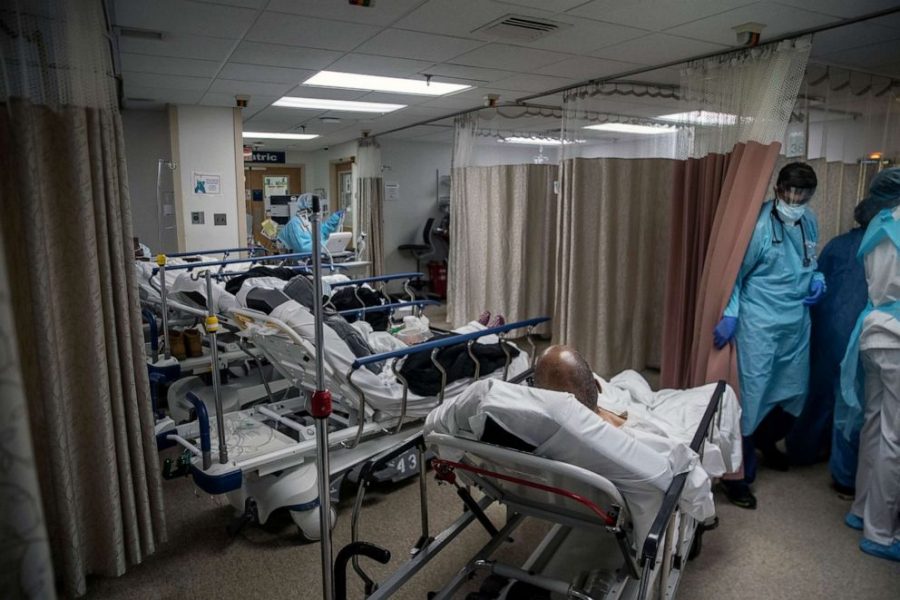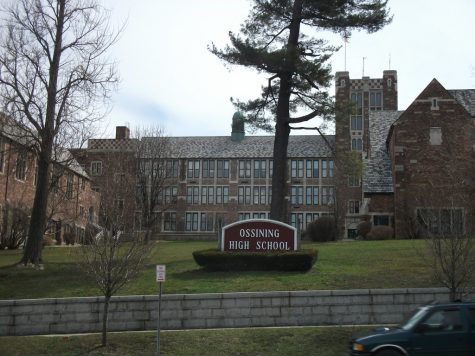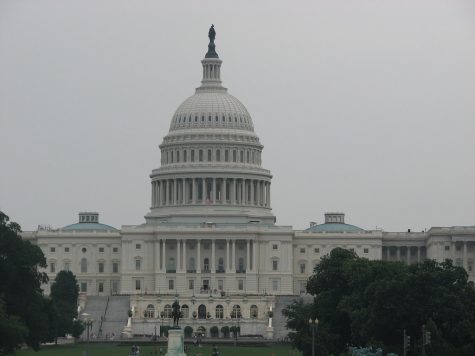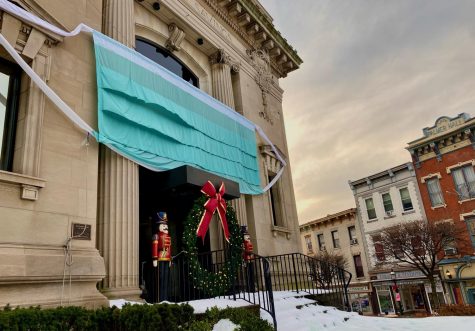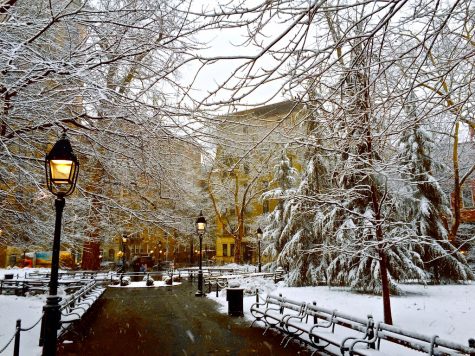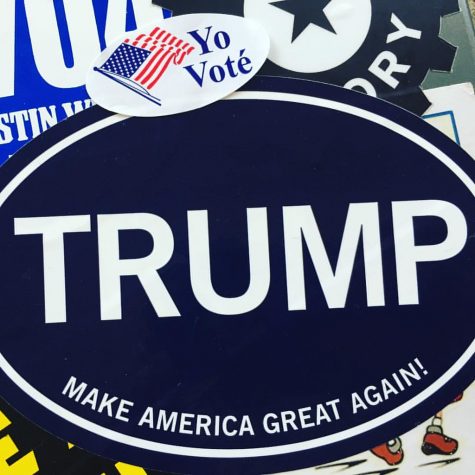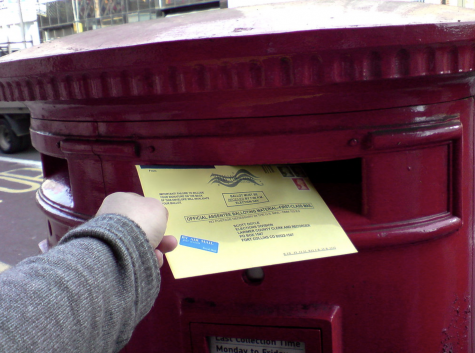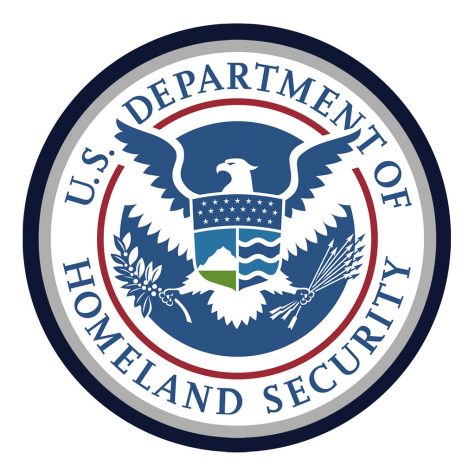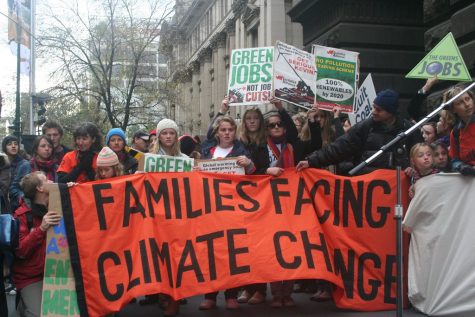The Least Among Us–Why None Of Us Are Safe Until All Of Us Are
September 30, 2020
I’m sure you’re sick of hearing about the coronavirus. I know I am. This pandemic has impacted us all, through our jobs, our education, our relationships, and even our perceptions of the world. The issue that occurs while discussing this particular crisis is the amount of pressure put on the individual to keep themselves and their community safe. While there are measures one can, and must, take (such as wearing masks and social distancing), this narrative completely neglects the role that our health system and government play. By addressing only individual interactions, we fail to see the bigger picture.If we look at the example set by countries such as South Korea and New Zealand, both of which quickly contained the virus, a pattern begins to emerge. Masks were immediately enforced, a lockdown was swiftly implemented. While in mandatory lockdown from February to May, people in South Korea were given weekly packages of food and other necessities, and were instructed to fill out daily health monitors to track their symptoms or, in some cases, lack thereof. Compare this to the brutal videos taken in the US of empty grocery stores, panicked civilians, and shortages of toilet paper, and the two situations diverge so heavily that it is almost ironic.
In April, The United States Postal Service had planned to send five reusable masks to every household in America, but the White House Domestic Policy Council blocked this plan due to concerns that it would “create panic.” Investigative reporting done by NPR revealed that the U.S. could have saved nearly 36,000 lives if social distancing had started just one week earlier.
The failure of the US healthcare system was directly visible in hospitals for months. A patient’s survival could depend on where they were hospitalized and how rich their neighborhood was. In many cases, nurses were forced to reuse single use masks for days because there simply were not enough in supply. Patients were put in hallways due to a lack of space in ERs and private rooms. In impoverished and understaffed hospitals throughout New York City, there were multiple cases in which coronavirus patients took off their oxygen masks in a groggy attempt to get up, and all staff were occupied. Dr. Alexander Andreev, a medical resident at Brookdale University Hospital, went as far as to say “Out of 10 deaths, I think at least two or three could have been saved”.
The various shortcomings of our healthcare system did not begin this year, and they are not exclusive to victims of the coronavirus.. Figurative fissures were painfully obvious to opioid users, children with psychological episodes who were only allowed to stay in the hospital for twelve hours at a time, and diabetics made to ration their insulin. Despite America spending more on healthcare than any other country, patients consistently experience poorer outcomes. The coronavirus merely exposed the fractures and amplified the fundamental issues that already existed within the American healthcare system. It seems as if the choice has been made- rather than fixing the healthcare system and working on the prevention of disease, the United States has instead ignored these issues until they became unescapable, placing an immense burden on an already underfunded institution.
The pandemic presents a unique situation. In order for our country and economy to recover, everyone has to be safe, as is the nature of contagious disease. The entire population must be thought of as a group, one individual biome. Not just those with enough money to purchase healthcare, and not just those with the leisure time to stay home or the intelligence to wear a mask and social distance. The protection of a nation requires a national response, which our country has failed to adequately implement.
Some might argue that if you, personally, keep yourself isolated, then why be concerned about others? If you have healthcare, why be concerned about the insurance of others? To that, I would say that there will always be someone with a poorer immune system, someone being less careful, someone who works more hours or interacts with more people. I want them to be safe too.
This situation is not some esoteric thought experiment, not a philosophical mind teaser about how one should hypothetically treat the people around them. You have all made difficult decisions regarding your own safety and the safety of your loved ones, and if nothing changes, you will continue to do so for a while. The emphasis on independence and self reliance ingrained in our culture affects each of us. By returning to normalcy and re-opening before the data suggested it was safe, the government tried to desensitize the public to COVID-19 and make it a part of their daily lives, something tragic but inevitable- like car crashes or heart attacks. As much as we would all like to return to the way things were, to forget how badly this crisis was handled would be greatly irresponsible, and we would be doing a disservice to ourselves.



